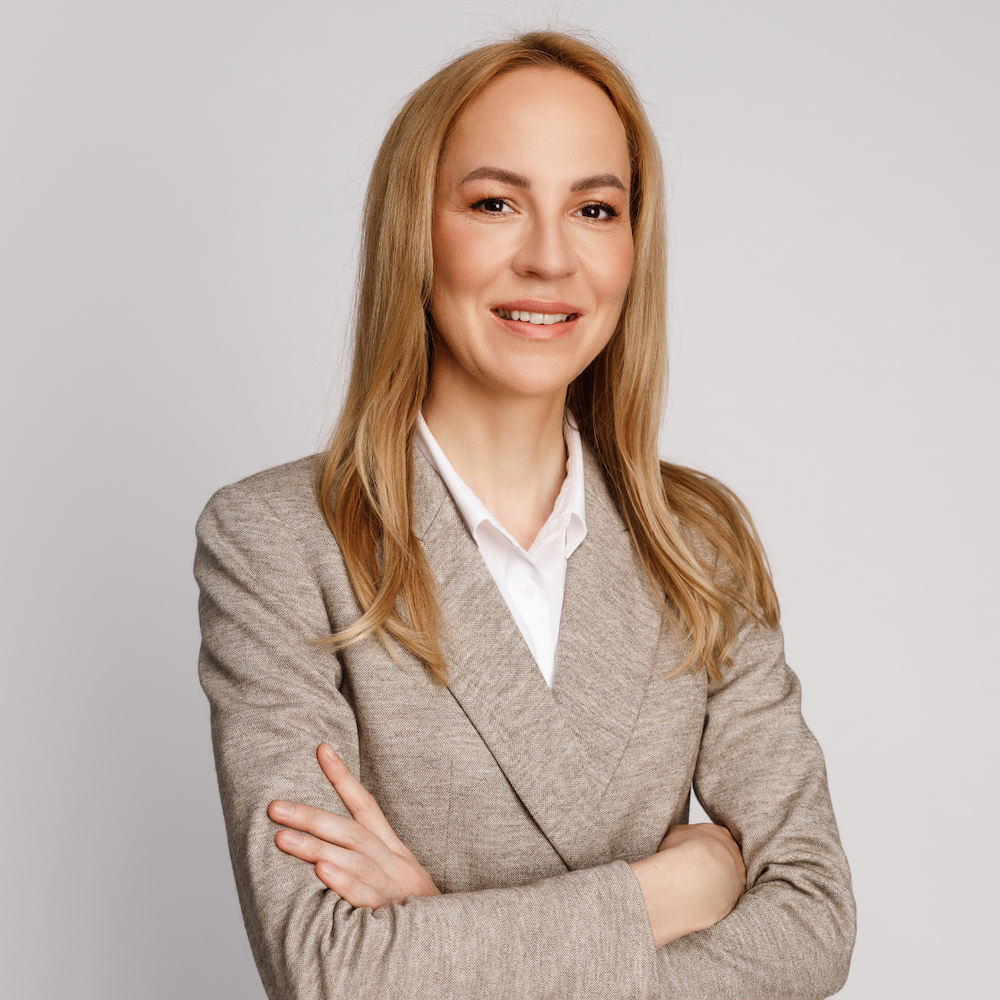
Data shows young adults to be keen savers and investors
22. september 2023This year’s financial literacy survey by the Ministry of Finance reveals that young people are more diligent savers than the average Estonian – while 74% of Estonians have managed to put some money aside in the past year, the figure is as high as 91% among 18–29-year-olds. An analysis of LHV Youth Bank’s client base shows that almost every fifth young person aged 18-25 invests using a Growth Account.
However, according to Laura Raudsepp, the Project Manager of LHV Youth Bank, students use different approaches to saving money. ‘The survey shows that for 18–19-year-olds, cash is the preferred way to save up money, while 20–29-year-olds invest money in shares or cryptocurrencies. Statistics from LHV Youth Bank also show that 19.1% of Youth Bank clients aged 18–25 have opened up a Growth Account,’ Raudsepp said.
Home ownership as the main goal
There is also a significant difference in the goals for saving money. Travelling and hobbies take top priority for the younger group, while young people aged 20 and over have a distinctly different goal – 46% want to buy a home or some other property.
The financial literacy survey also shows that young adults aged 20–29 are diligent planners when it comes to income and expenses. ‘Young people aged 18–29 are more likely than any other age group to use banking apps or other electronic tools for budgeting. The younger the age group, the more popular this solution is,’ Raudsepp added.
At the same time, students are the most financially insecure group. For example, 49% of 18–29-year-olds would be able to cope with unexpected expenses equivalent to a month’s income. ‘LHV statistics also show that 55.9% of young people aged 18–25 have less than €100 in their account balance at the end of the month. One explanation could be that young people put money into their savings account at the beginning of the month, or invest it and cover other expenses from the remaining amount, resulting in a smaller balance at the end of the month when they actually have more savings,’ Raudsepp said.
Young adults are financially savvy
The financial literacy survey suggests that 20–29-year-olds are more likely to give their current knowledge base a higher rating, with 36% of them rating their financial literacy as either very high or fairly high, ranking above all other age groups. 18–19-year-olds have less confidence in their knowledge, with a total of 16% rating their level of financial literacy as very high or fairly high, which is also a lower rating than the average Estonian. ‘On the positive side, 18–19-year-olds are also the most likely group to say that they have heard about financial planning at school – a total of 63% have heard about it either a little or extensively. This shows that as young people become more independent in their twenties and start to take responsibility for their own financial well-being, they also gain more confidence in putting their knowledge into practice,’ Raudsepp added.
Nonetheless, there are some aspects of financial literacy that need to be better explained to young people. ‘For example, 70% of 18–19-year-olds find the discourse around pension pillars confusing. Even young people aged 20–29, who are well versed in financial topics, cited more areas of confusion than Estonian residents on average. It is possible that the more areas of interest a person has, the greater their need for information. If you are on the lookout for information on financial topics, you should check out different books, blogs and podcasts. LHV Youth Bank also has its own content-rich website that has everything young people need to know about the world of money and banking,’ said Raudsepp.
Five saving tips for students:
- Set up a system to plan your next month’s spending in advance.
- Save up separately for all major purchases.
- Spend the money left over from saving, not the other way around.
- Do not buy things when the demand and prices are at an all-time high. Think two steps ahead – buy skis in summer and bikes in winter, because prices come down when the season is over.
- Prefer reuse to be kinder to the environment and your wallet.
- Before any unplanned purchases, remind yourself of your dreams or financial goals that you are saving for.




